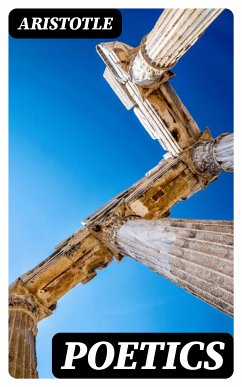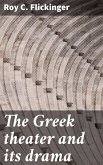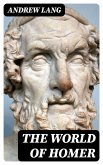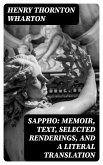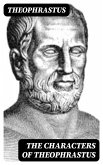Aristotle's 'Poetics' is a seminal work in the literary world, dissecting the components of tragedy and epic poetry with keen insight. Written in a structured and analytical style, the book delves into the principles of plot, character, and spectacle, offering a comprehensive guide for aspiring playwrights and poets. Aristotle's emphasis on unity of action and catharsis has had a lasting impact on literary theory and dramatic arts, shaping the way stories are constructed and performed. The 'Poetics' remains a foundational text in the study of literature, providing readers with a deep understanding of the elements that make up a powerful narrative. Aristotle, a renowned philosopher and student of Plato, drew from his observations of Greek drama and poetry to formulate his theories on storytelling in the 'Poetics'. His extensive knowledge of the arts and human psychology informed his groundbreaking analysis of literary forms, setting a standard for generations of writers to come. Aristotle's systematic approach to aesthetics and narrative continues to influence scholars and creatives across disciplines. For lovers of literature and theater, Aristotle's 'Poetics' is a must-read, offering valuable insights into the art of storytelling. Whether you're a budding writer seeking guidance or a student of the classics, this enduring work provides a rich foundation for understanding the power and significance of literary creation.
Dieser Download kann aus rechtlichen Gründen nur mit Rechnungsadresse in A, B, BG, CY, CZ, D, DK, EW, E, FIN, F, GR, H, IRL, I, LT, L, LR, M, NL, PL, P, R, S, SLO, SK ausgeliefert werden.

